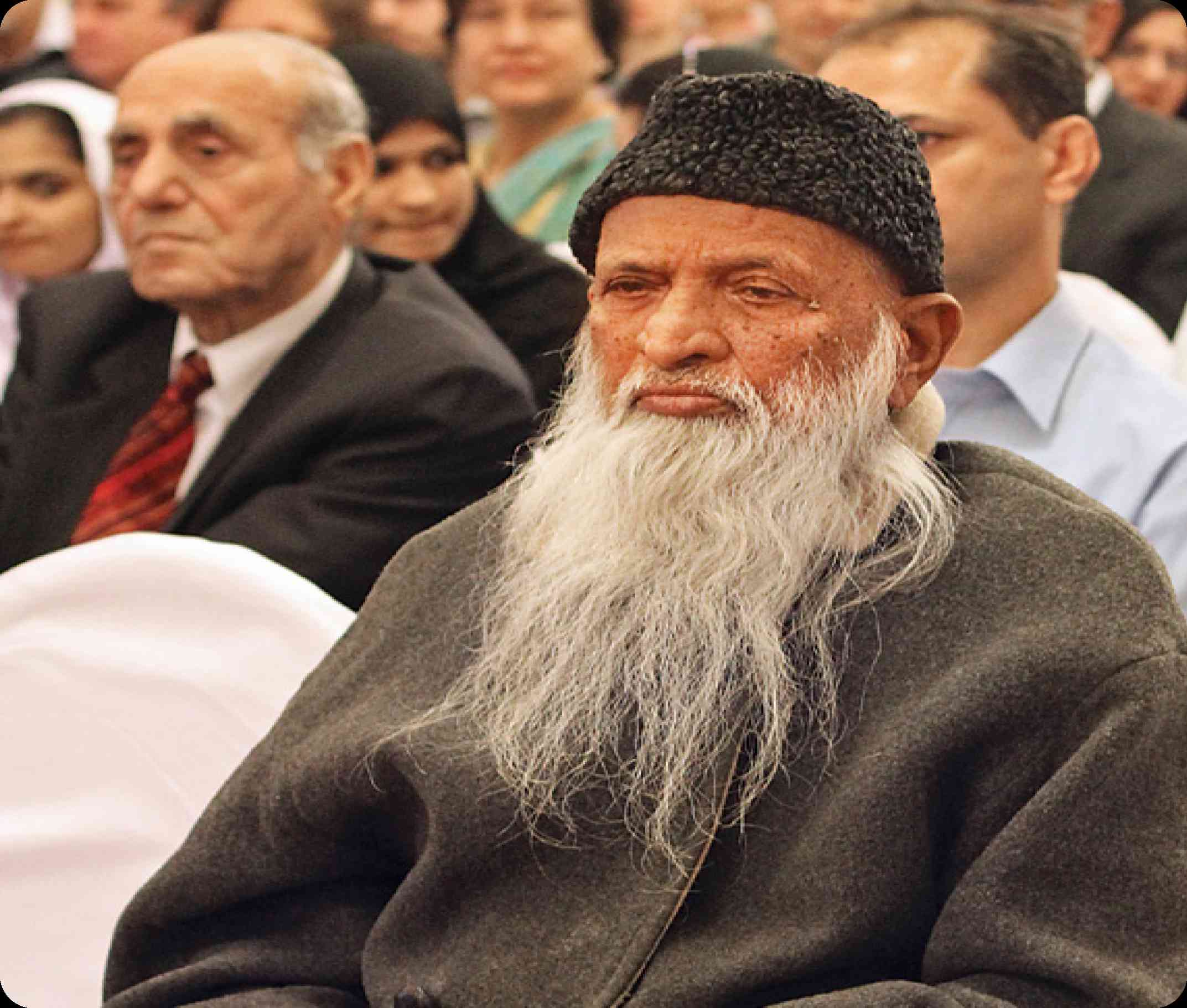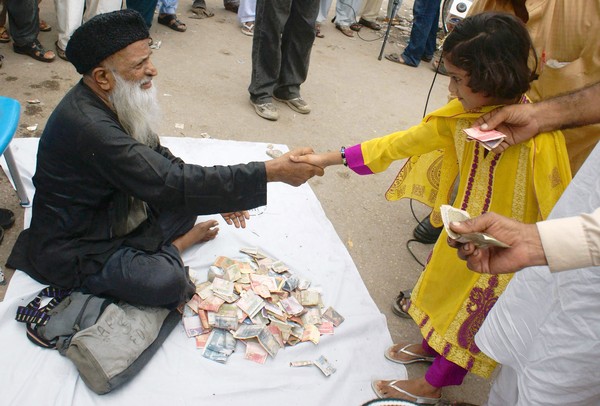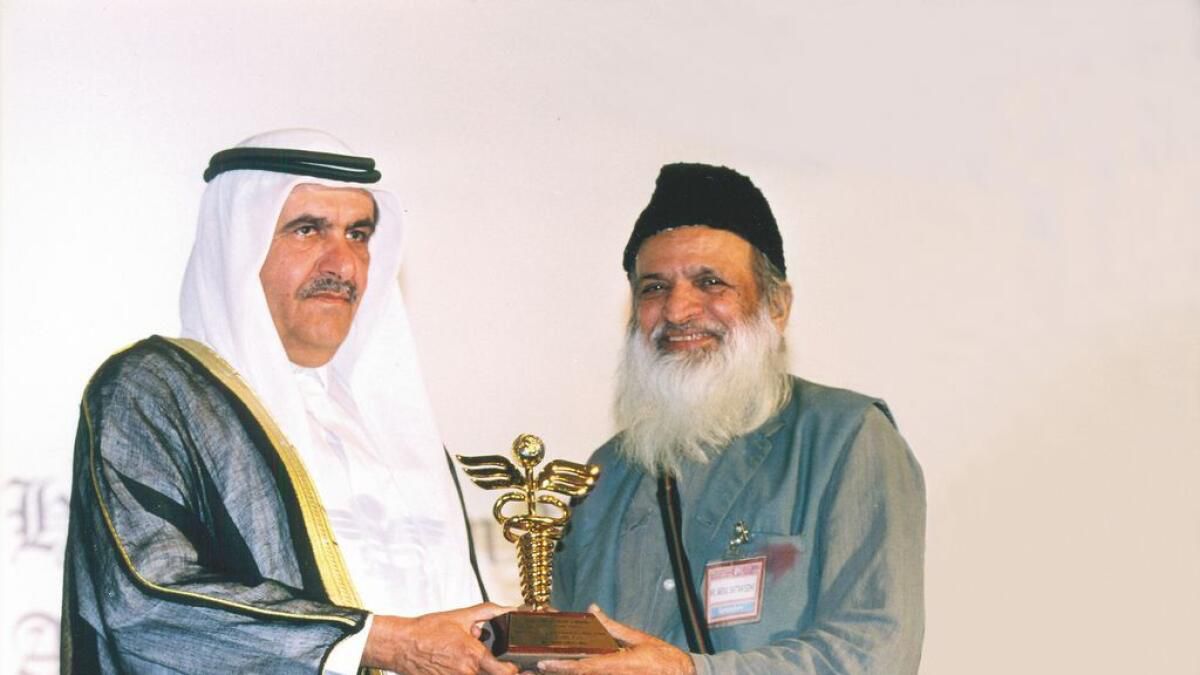Historical Perspective
Every society is destined to face the problems of looking after
the welfare of the sick, the weak, the destitute and the needy.
All societies are alike in this respect. One way of assessing the
status of a society on the road to civilization is the value
accorded to an individual and his basic human needs.
These have not always received the attention they deserve in the
planning of economics, particularly in developing countries. Most
of the available resources are consumed by defense needs and
pressing demands for technological progress.
Programs
for development in the social sector remain a long way behind,
mainly because of financial constraints. Special efforts are,
therefore, needed to mobilize community resources to initiate and
develop programs for the welfare of the weak and the disadvantaged
members of society.




